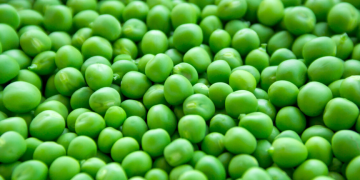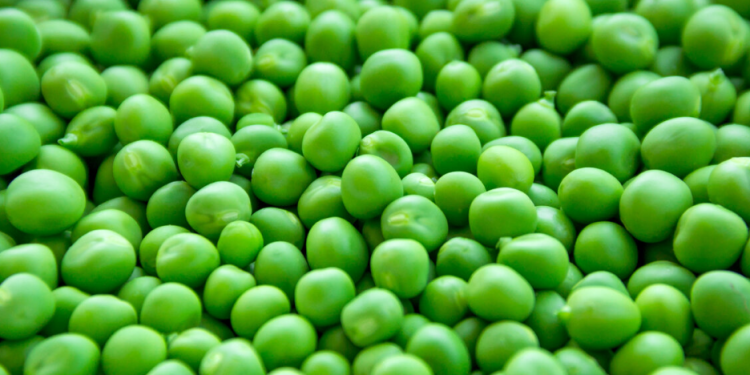Scientists have identified a gene responsible for the duration of the reproductive phase of peas. Biotechnologies using this gene discovery could double pea yields, with implications for other legumes.
In a groundbreaking discovery, researchers from the Institute of Molecular and Cellular Biology of Plants (IBMCP), the Spanish National Research Council (CSIC) and the Polytechnic University of Valencia (UPV) have identified the role of the FUL gene in controlling the duration of the reproductive phase in peas. According to a report reviewed by sfera.fm, manipulating this gene can significantly increase crop yields.
Extending the reproductive phase offers the prospect of increasing fruit and seed production. Initially studied in Arabidopsis, a laboratory plant of limited agricultural importance, the identification of a target gene in the pea has allowed scientists to use biotechnological tools to breed plants with increased yield. As the researchers note, this breakthrough is promising not only for peas, but also for other legumes.
“The most significant increase in seed yield was observed in medium-yielding pea varieties. Conversely, the effects of mutations in FUL genes were minimal in high-yielding varieties,” the scientists reported in the Proceedings of the National Academy of Sciences (PNAS).
The identification of the key role of the FUL gene in the duration of the reproductive phase of pea opens the door to a new era of agricultural biotechnology. By extending this stage, the researchers demonstrated the potential for significant increases in pea yields, offering hope for solving food security problems. Moreover, this breakthrough highlights the broader applicability of biotechnological advances to improve crop yields across diverse agricultural landscapes.































